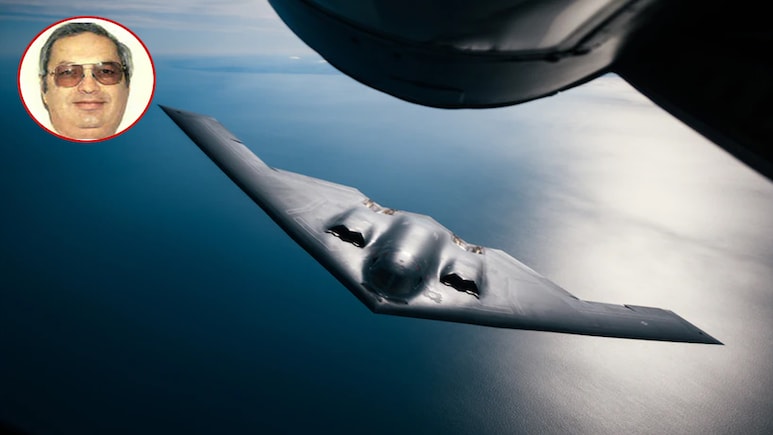At the height of the Cold War, the U.S. developed stealth technology that gave it a military edge for decades. Central to this advancement was the B-2 Spirit stealth bomber — an aircraft engineered to evade radar, infrared detection, and visual tracking. One of the key contributors to this groundbreaking project was Indian-American aeronautical engineer Noshir Gowadia.
Born in Mumbai in 1944, Gowadia moved to the U.S. in the early 1960s to pursue higher education in aeronautical engineering. He excelled in his field, eventually landing a position at Northrop Grumman, the company responsible for developing the B-2 bomber. Gowadia played a significant role in improving the bomber’s stealth capabilities, including innovations in exhaust configuration, infrared signature reduction, and radar-absorbing materials. His contributions were critical to enhancing the aircraft’s survivability and effectiveness.
But the same man who helped build one of America’s most advanced weapons would later be accused of betraying the very secrets he helped create. In 2010, Gowadia was convicted on multiple counts of espionage and related charges for passing classified information to China and other countries, including Germany and Switzerland. He was sentenced to 32 years in prison.
Investigations revealed that Gowadia visited China multiple times in the early 2000s. During these trips, he gave technical briefings and even assisted in identifying design flaws at Chinese military facilities. He was reportedly paid substantial sums for his work — money he used to pay off the mortgage on a multimillion-dollar beachfront home in Maui, Hawaii. The U.S. Air Force later confirmed that he had provided China with design concepts for a cruise missile component and stealth features similar to those used in the B-2.
Gowadia was arrested in 2005, and by 2010, a jury found him guilty of 14 out of 17 charges, including espionage, conspiracy, violations of the Arms Export Control Act, tax evasion, and money laundering. Prosecutors described his actions as a severe threat to U.S. national security, accusing him of knowingly aiding a foreign power in developing weapons systems that could rival America’s.
His defense claimed that the information he shared was publicly available and argued he was not acting out of malice, but rather out of professional interest. The court rejected that argument.
The case has since been cited as a cautionary tale of how insiders can compromise national security. Assistant Attorney General David Kris summed it up during sentencing: “Mr. Gowadia provided some of our country’s most sensitive weapons-related designs to the Chinese government for money. This prosecution should serve as a warning to others who would compromise our nation’s military secrets for profit.”
Two months after his conviction, China test-flew its first stealth aircraft, the J-20. By 2016, the country announced the H-20 stealth bomber, bearing striking resemblance to the U.S. B-2 — a chilling reminder of how espionage can shift global power balances.

